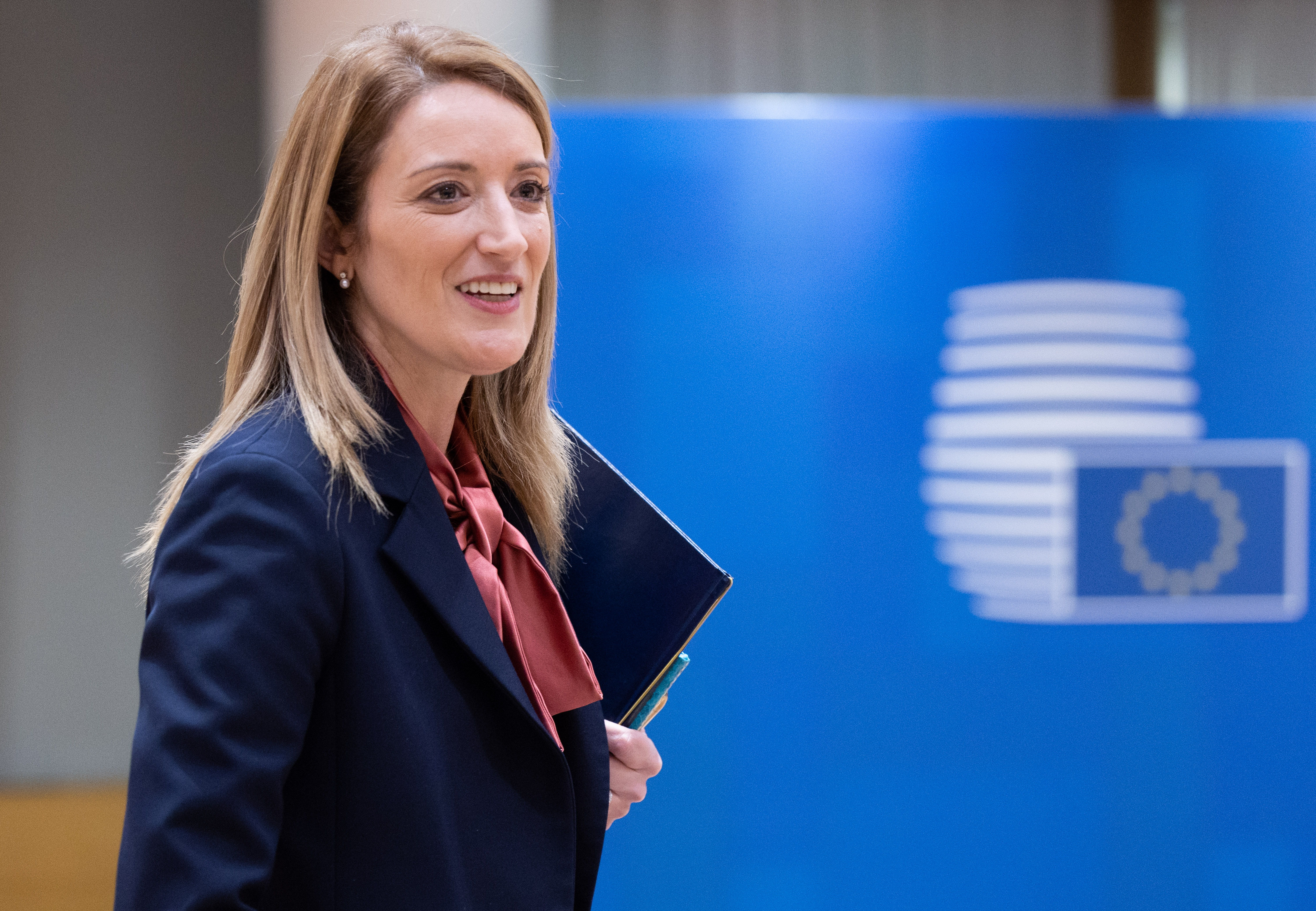Metsola remains optimistic about asylum and migration pact

Negotiations on a new European asylum and migration policy have again reached an impasse. But the president of the European Parliament, Roberta Metsola, remains hopeful that governments and MEPs can reach an agreement before next June's elections.
Since the start of the refugee crisis in 2015, migration has caused major divisions between member states. Frontline Mediterranean countries are calling for more solidarity, northern destination countries are complaining that migrants are given free passage, and eastern countries do not want to take in asylum seekers. At the same time, member states and citizens continue to look to the European level for a solution.
"I am optimistic because I would not be able to explain to the voters how, after a five-year legislature, we could not find a solution to one of the best legislative proposals we have ever had on the table," Metsola said in an interview with news agencies.
Central issue
Metsola pointed out that in 26 of the EU member states, migration was the central issue in the 2019 elections. At the start of the legislature in 2020, the European Commission's Asylum and Migration Pact made a new attempt to find a common European approach. It proposes stricter controls, registration of migrants at external borders and faster return procedures, combined with various forms of solidarity in the reception of asylum seekers.
While there seemed to be a breakthrough in June this year, when member states found common ground on the main pillars of the pact, divisions have now emerged between capitals over the ground rules that should apply in crises. As a result, negotiations with the Parliament cannot begin. Talks with member states are blocked on other parts of the pact, external border controls and the Eurodac database of asylum seekers' fingerprints.
EU elections
Ahead of the European elections in June, the dissolution of Parliament will be at the end of April. This means that bills on which no agreement has been reached could be questioned after the vote.
"In the end, it all depends on political will," said Metsola. The most important thing now is to prevent a blocking by some member states. "It is essential that we solve this legislative crisis. There will be countries that will not agree. This is nothing new, but a majority must be found."
In the meantime, the Belgian government is watching closely. The country holds the European Council presidency from January, during which it must continue negotiations with the Parliament.
© BELGA PHOTO BENOIT DOPPAGNE
Related news

